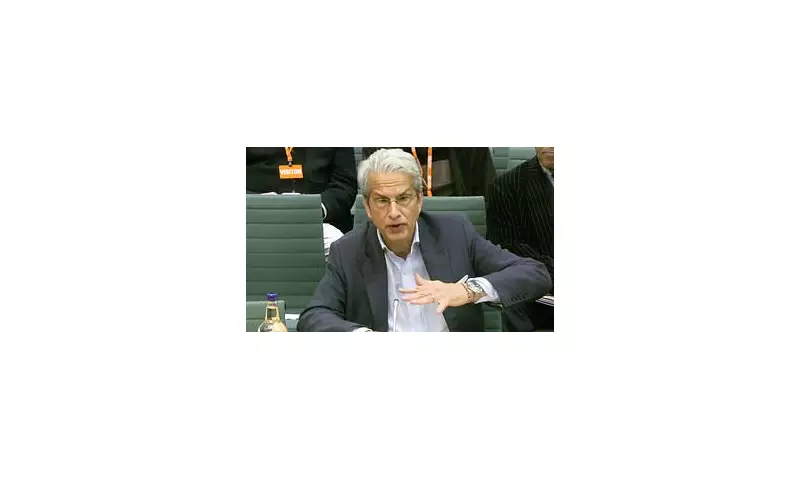
A former BBC adviser has revealed to MPs that he wrote a critical memo about the corporation's impartiality because he observed 'incipient problems' that were 'getting worse' during his tenure.
The Leaked Memo and Its Consequences
Michael Prescott, who previously served as an external adviser to the BBC's editorial standards committee, authored a dossier raising serious concerns about bias within the broadcaster. He faced questioning from the House of Commons Culture, Media and Sport Committee after his confidential memo was leaked to a newspaper, sparking internal turmoil at the BBC.
The document specifically highlighted issues with a Panorama episode about Donald Trump, claiming it used selective editing of the former US President's speech before the Capitol disorder in 2021. The programme allegedly spliced clips to suggest Trump directly told supporters he would join them at the Capitol to 'fight like hell'.
Fallout and Resignations
The controversy has had significant repercussions, with Donald Trump threatening to sue the BBC for up to $5 billion following the report's publication. Meanwhile, two senior BBC executives - director-general Tim Davie and news chief Deborah Turness - have resigned from their positions in the aftermath.
Prescott told MPs on Monday that he didn't know how his memo, which he shared with the Department of Culture, Media and Sport and regulator Ofcom, became public. He emphasised that his motivation came from being 'a strong supporter of the BBC' who wanted to address emerging problems.
Systemic Issues and Editorial Failings
During his three years on the standards committee, Prescott said he repeatedly saw problems that weren't being properly addressed. 'We kept seeing incipient problems which I thought were not being tackled properly, and indeed I thought the problems were getting worse,' he told the committee.
The former journalist stressed that his concerns weren't driven by ideology or party politics, noting he would have acted identically if the situation involved Kamala Harris rather than Donald Trump. He described finding 'the odd problem here, the odd problem there' but crucially believed each issue had 'systemic causes' that the BBC wasn't adequately addressing.
Despite his criticisms, Prescott clarified that he doesn't believe the BBC is institutionally biased, praising the corporation's 'world class' programming across both factual and non-factual content. When asked about his own potential biases, he humorously described himself as a 'centrist dad'.
Following the report, BBC chairman Samir Shah apologised for an 'error of judgment' and acknowledged that the editing of the 2024 documentary gave 'the impression of a direct call for violent action'. Despite this apology, Trump has maintained his intention to pursue legal action.
Prescott concluded that while former director-general Tim Davie did a 'first-rate job' overall, he had a 'blind spot' toward editorial failings. When questioned whether the Panorama episode had damaged Trump's reputation, Prescott responded: 'Probably not'.





